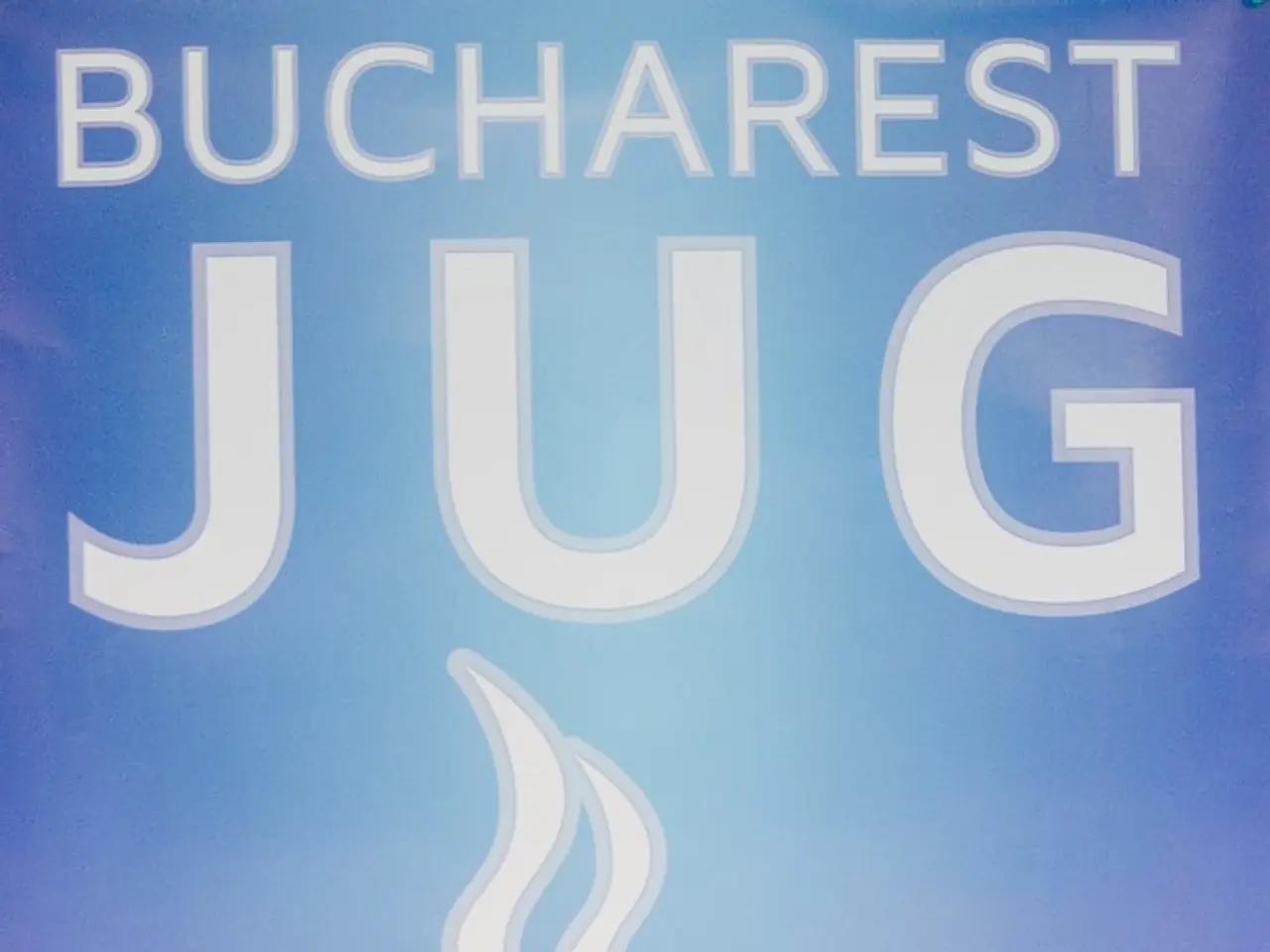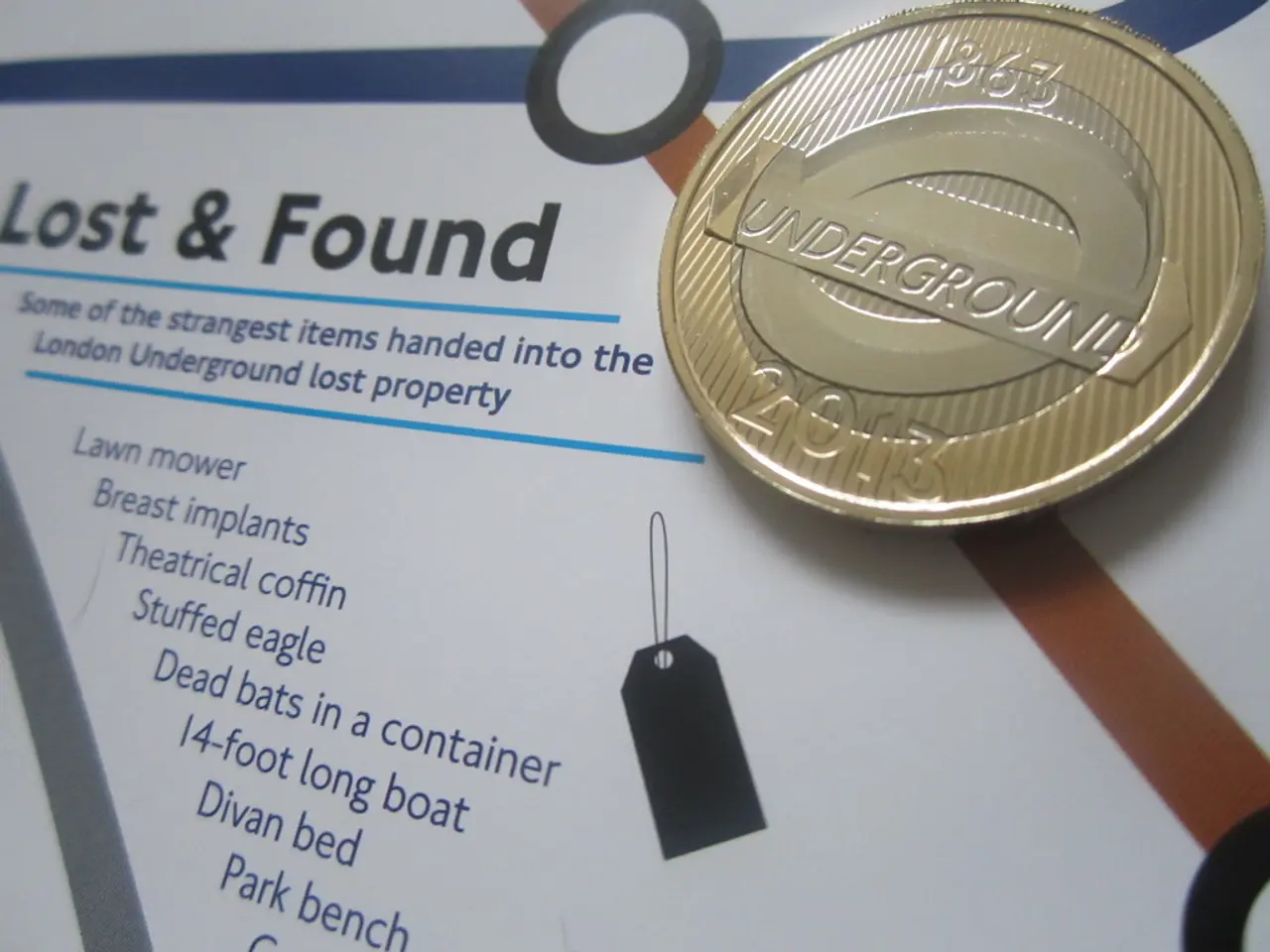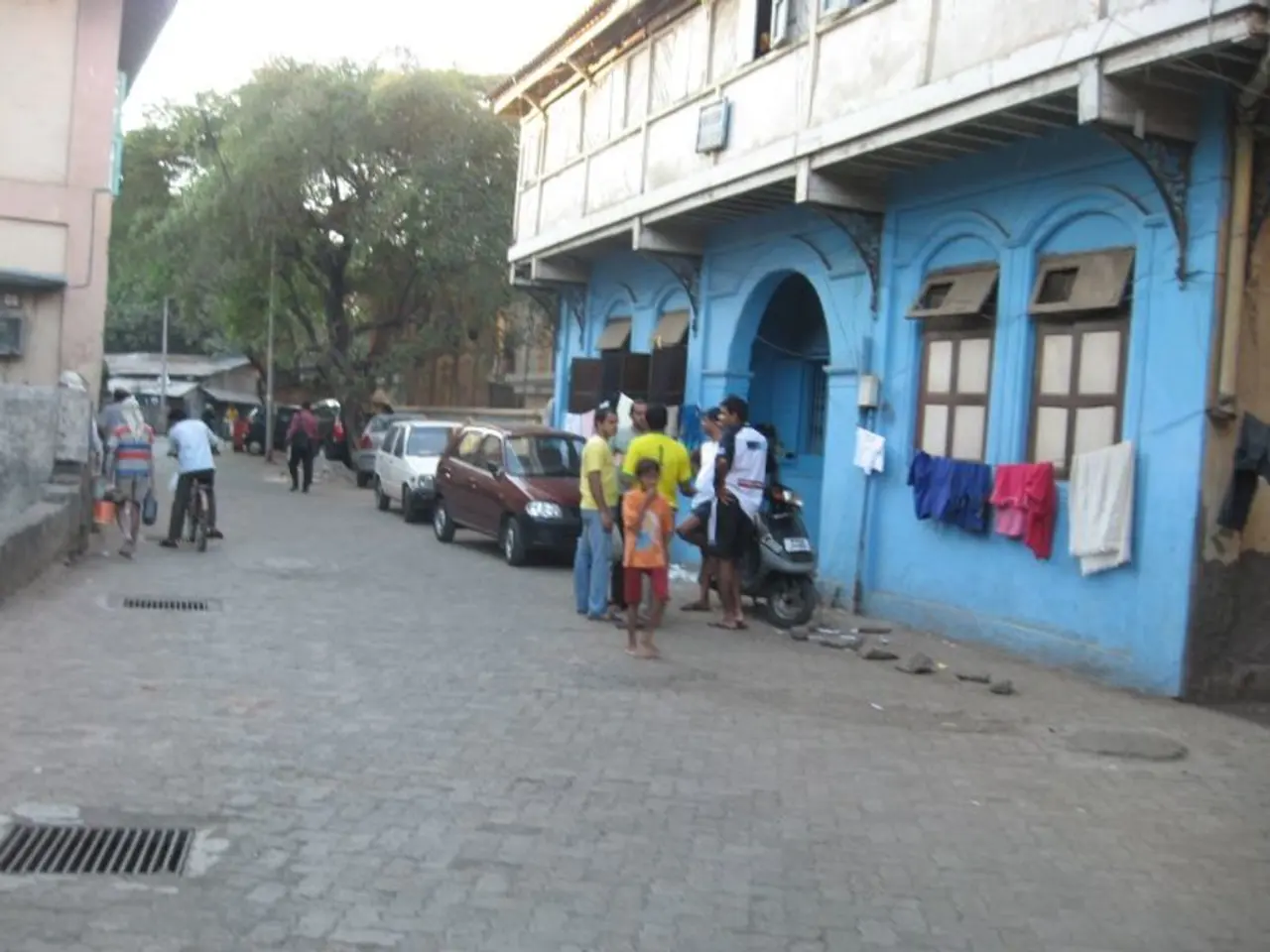Differences in Waste Water and Waste Disposal Fees Across Local Authorities in North Rhine-Westphalia Revealed
In North Rhine-Westphalia, Germany, residents are facing increased sewage and waste disposal fees due to planned expansions and upgrades to sewage treatment plants. The region is investing significantly in water purification infrastructure, with plans to upgrade at least 71 sewage treatment plants [1].
The Federation of Taxpayers NRW (Bund der Steuerzahler NRW) has voiced concerns about these fee increases, calling for more transparency, fairness, and accountability in the fee-setting process. The Taxpayers' Federation is pushing for stricter oversight of fee hikes and clear justification for any increases [1].
Rik Steinheuer, chairman of the BdSt NRW, emphasizes the need to stop municipalities from exploiting legal leeway to the detriment of fee payers. Steinheuer also calls for more intermunicipal cooperation to avoid unnecessary solutions [1].
The BdSt's demands focus on legal regulations and fee structure changes, not on specific cost reductions or fee caps. The Federation believes that many municipalities are negatively impacting fee payers by taking advantage of the law's leeway. The BdSt also demands that sewage fees should be based on acquisition value, not replacement value [1].
Moreover, the BdSt calls for the withdrawal of CO2 pricing for waste-to-energy plants. The Federation is concerned that higher municipal standards, CO2 pricing for waste incineration, and new regulations like the biowaste ordinance are contributing to the rise in waste disposal fees [1].
The cost range for sewage fees in NRW is significant, with Reken charging 330 euros and Monschau demanding 1,688 euros. In some cities like Halle, Wülfrath, and Vreden, sewage fees have increased by more than 25% within a year. On average, households will pay around 306.80 euros for waste disposal fees in 2025, an increase of 2.5% [1].
Waste disposal fees are set to rise in several cities, including Mechernich (30% increase), Herford (16% increase), and Düsseldorf (14% increase) in 2025 [1]. Interestingly, sewage fees in 77 municipalities of North Rhine-Westphalia exceed 1,000 euros per year for a typical four-person household [1].
The BdSt also demands that surpluses from sewage fee accounts should not be transferred to the general budget. The Federation's concerns reflect a broader challenge in North Rhine-Westphalia where infrastructure upgrades to meet environmental standards lead to rising resident fees, which has sparked public and organizational demands for responsible fee management and fairness in cost allocation [1].
[1] Source: Various news articles and reports on the topic.
- The environmental science field and the industry are closely linked in North Rhine-Westphalia, as the region invests heavily in water purification infrastructure to meet environmental standards.
- The Finance and Business sectors are increasingly relevant as residents grapple with rising sewage and waste disposal fees, prompting organizations like the Federation of Taxpayers NRW to demand transparency and accountability in the fee-setting process.
- The BdSt NRW has proposed that sewage fees should be based on acquisition value instead of replacement value, to ensure fairness in cost allocation, demonstrating the intersection of environmental-science, finance, and business concerns in infrastructure upgrades.




